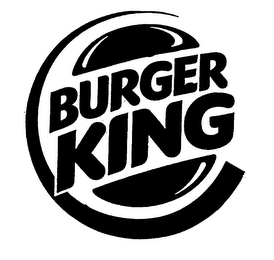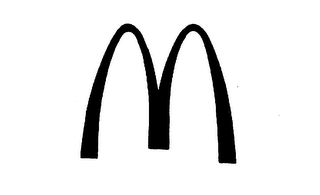Previously, I discussed whether a company or product name was predictive of future success. Now suggestive/descriptive nature of a logo may (or may not) also be a factor.
A recent study, reported in HBR, found that in certain circumstances, what the authors call “descriptive logos” positively influence brand evaluations, purchase intentions, and brand performance.
The study defines a descriptive logo as one that includes textual or visual design elements that communicate the type of product or service offered under the logo. For example, Burger King’s logo shown below is “descriptive” in that it contains burger bun where as the McDonald’s “M” logo is not.
The study found that as compared to non-descriptive logos, “descriptive” logos: (1) make brands appear more authentic in consumers’ eyes, (2) more favorably impact consumers’ evaluations of brands, and (3) more strongly increase consumers’ willingness to buy from brands.
What the authors call “descriptive logos,” I think could be better labeled as suggestive logos because admitting that your (word) mark is descriptive is generally not good. Further, on the spectrum of trademark strength, it may be more appropriate to call these logos suggestive than descriptive, at least in some cases.
Descriptive/suggestive logos may not be appropriate when a company sells goods or services in unrelated fields, such that a descriptive/suggestive logo for one line of products would not be appropriate or make sense for the companies’ other unrelated lines.

